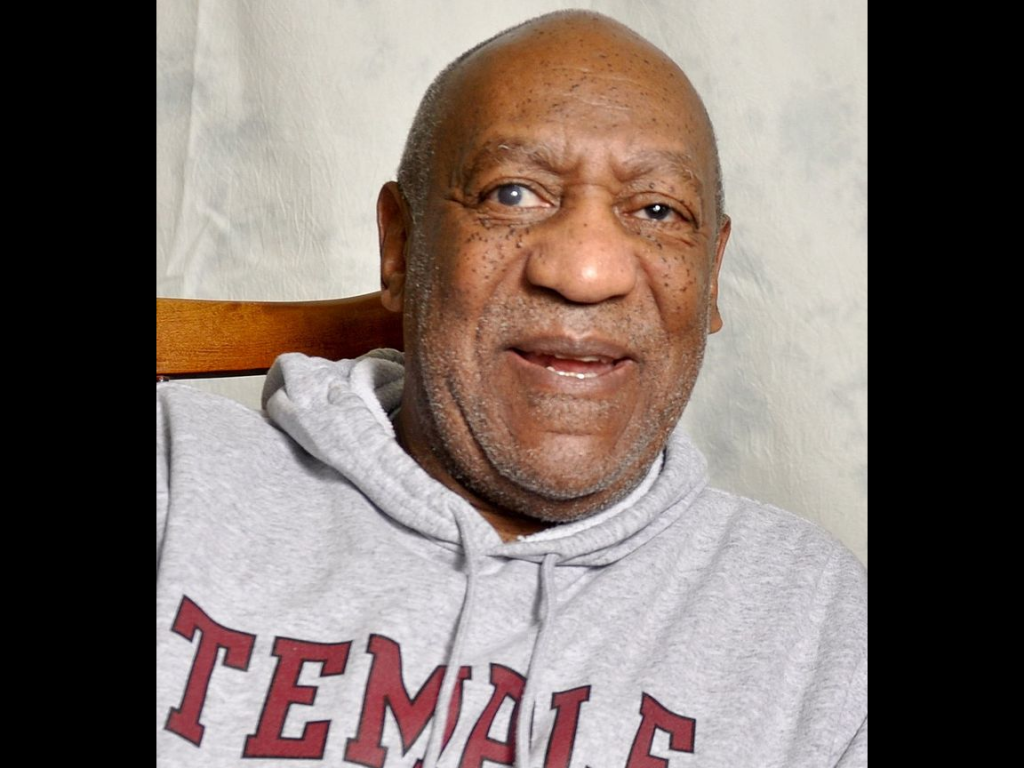
Photo Credit: World Affairs Council, Creative Commons 2.0
After more than ten years of civil proceedings, accusations, case building and public denouncements, one of the most high profile cases of the last decade ended in a whisper last month with a hung jury and a consequent mistrial. The question now is what further action will be taken against Bill Cosby, especially considering the unsavory fact that 60 women have come forward alleging that the former TV star had sexually assaulted them. A guilty verdict would have put Cosby in prison for 10 years per count of sexual assault. At 79, that would have meant a virtual life sentence.
It’s Not Over
Immediately following the declaration of the mistrial, Kevin Steele – who ran for District Attorney on a platform that included pursuing charges against Cosby – indicated that he would seek a retrial and that Andrea Constand – a former director of operations for Temple University’s basketball team and alleged victim – would be willing to testify again. Additionally, Judge Steven T. O’Neill, who presided over the trial, has already said he would shoot to schedule a retrial in the next four months or so.
Context
In a 2005 civil case, Constand accused Cosby of sexually assaulting her in his Philadelphia home after drugging her. And in 2006, they reached an out-of-court settlement. A district attorney wouldn’t allow Constand to pursue criminal charges at the time. But in 2015, the Montgomery county district attorney’s office decided to prosecute the entertainer after reopening the investigation from several years prior.
In total, 60 women have attested to the fact of Cosby’s sexual misconduct going back to the 1960s. However, Constand is the only one who filed charges before the statute of limitations expired.
No Verdict
Now, several years later, the jury was unable to come to a consensus, which may indicate a division amongst the jurors over which testimonies to believe and what constitutes consent. For many this comes as an incredible surprise. The evidence seemed air tight – Cosby even admitted to seducing women via manipulation and sedatives in a deposition obtained by the New York Times in 2015. Additionally, the prosecution spent four-and-a-half days making its case, while the defense put forth its arguments in just six minutes. Then, after 52 hours of thinking it over, of asking Judge O’Neill a litany of questions and of reading depositions and interviews, the jury still could not arrive at a verdict.
Moving Forward
So what are the options moving forward? As asserted by the Washington Post, the defense team will most likely attempt to prevent the prosecution from pursuing another trial but will probably fail at this. A new trial would be similar to the last one, except for a few variables that could change its course. For one, a jury will probably be transported to the Philadelphia area from another county to avoid the influences of local media, though at this point it may be tough to find anyone who doesn’t have a preformed opinion on the matter.
The Prosecution’s Journey
According to some, the prosecution will face an uphill battle due to a lack of alternative arguments. Civil Rights lawyer, David Rudovsky told the LA Times, “The question for the prosecution is, what do you shuffle?” He continued, “There’s not a whole lot you can change from the original case.”
At this point it is unclear whether Kelly Johnson – another victim who testified in the last case – will appear in court again. To that end, Steele could ask Judge O’Neill – who will likely preside over a retrial – to hear the testimonies of other accusers who weren’t allowed to testify, as suggested by Steven Zeitchik in an LA Times article.
District Attorney Steele is confident in his ability to win a retrial, as he told reporters in Philadelphia that he hasn’t had a deadlocked jury in over 20 years. Some think there are grounds for his confidence. Dennis McAndrews, a prosecutor from Philadelphia, told the Washington Post, “It’s obviously more difficult for the defense to find some new surprises.” He added, “They want the element of surprise.” But for now, there’s really no telling what the outcome will be.



Leave a Comment